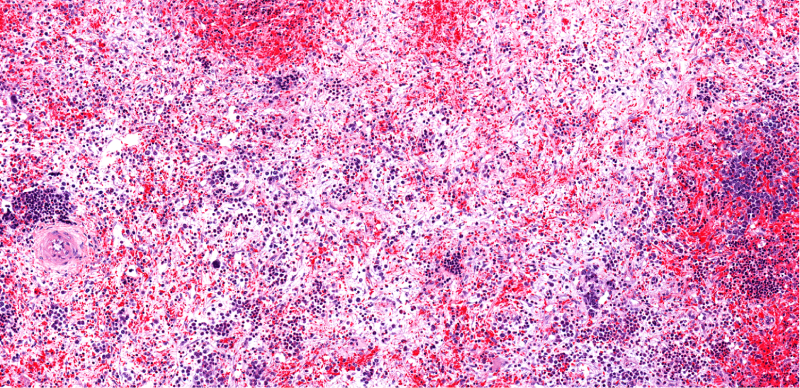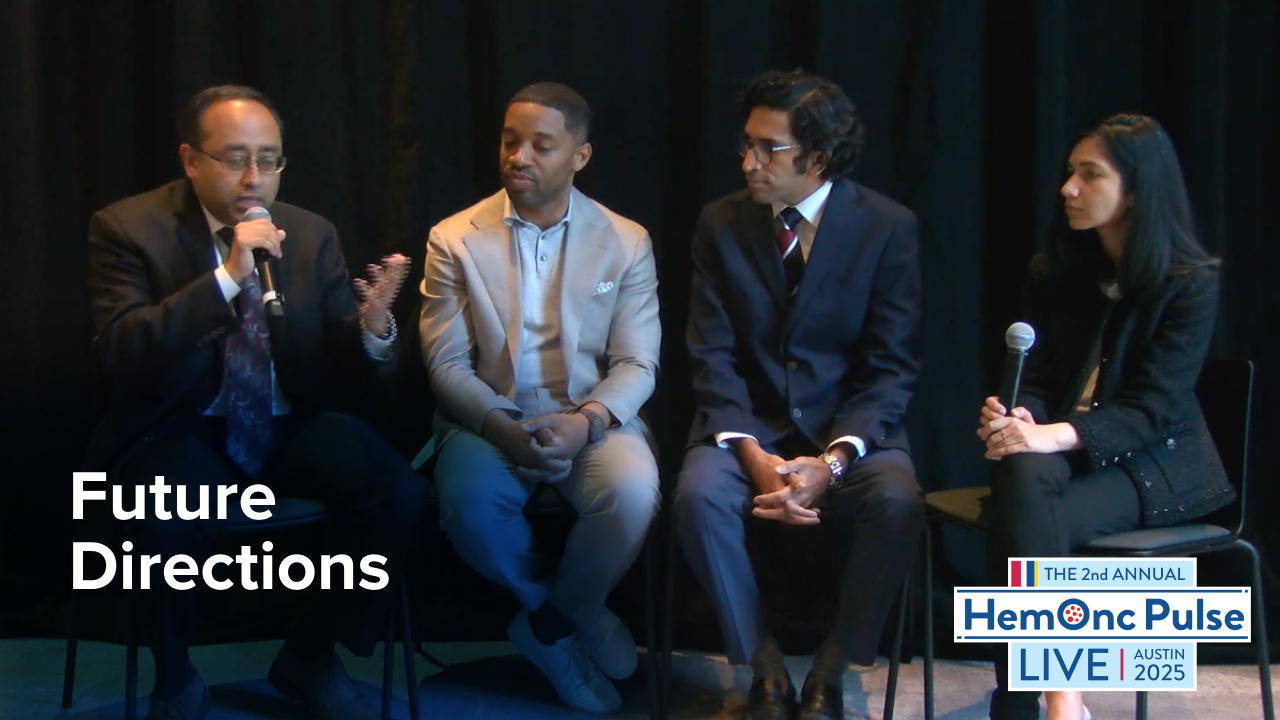
Time from diagnosis to enrollment, history of thrombotic events, hematocrit ≤0.45 L/L, white blood cell count >11×109/L, and JAK2 p.V617F variant allele frequency (VAF) were identified as risk factors for progression from polycythemia vera (PV) to myelofibrosis (MF) in an analysis of the REVEAL study.
The analysis was led by Michael Grunwald, MD, of the Levine Cancer Institute at Atrium Health in Charlotte, North Carolina, and presented at the Society of Hematologic Oncology 2024 Annual Meeting in Houston, Texas.
Over a median follow-up of 3.7 years, 135 of 2,023 (6.7%) patients progressed to MF. Patients with hematocrit ≤0.45 L/L had a longer time from PV diagnosis to trial enrollment than patients with hematocrit >0.45 L/L (median 4.4 vs 2.9 years, respectively). They were also more likely to receive hydroxyurea at enrollment (40.3% vs 20.5%, respectively; P<0.05). However, the authors noted that “hematocrit ≤0.45 L/L may be confounded by disease duration and cytoreductive treatment covariates.”
Of 2,510 enrolled patients, 1,524 of 1,871 (81.5%) with available biospecimens were JAK2 p.V617F positive. The mean JAK2 p.V617F VAF was higher in those who progressed versus those who didn’t (P<0.0001). In multivariate analyses, VAF was also a significant covariate.
“In univariate and multivariate analyses of patients with versus without progression, time from PV diagnosis to enrollment, history of thrombotic events, hematocrit ≤0.45 L/L, and white blood cell count >11×109/L at enrollment were significant covariates (P<0.006),” the authors added.
Reference
Grunwald MR, Zwicker JI, Gerds AT, et al. A real-world evaluation of risk factors for disease progression in patients with polycythemia vera (PV): an analysis from the prospective observational study of patients with polycythemia vera in US clinical practices (REVEAL). Abstract #MPN-120. Presented at the Society of Hematologic Oncology 2024 Annual Meeting; September 4-7, 2024; Houston, Texas.





 © 2025 Mashup Media, LLC, a Formedics Property. All Rights Reserved.
© 2025 Mashup Media, LLC, a Formedics Property. All Rights Reserved.